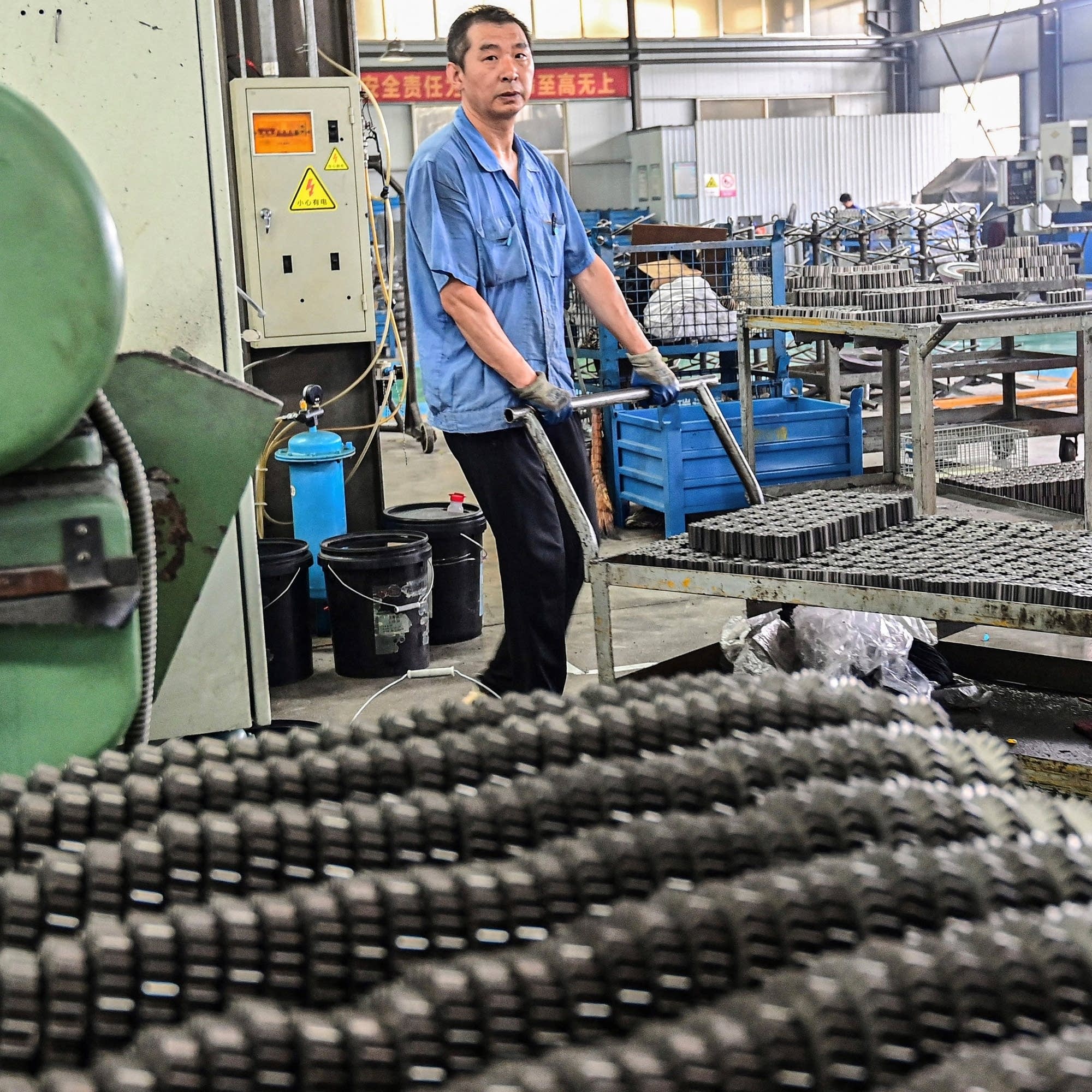
🤖 AI Summary
Overview
This episode explores the economic implications of the U.S.-China trade relationship, focusing on China's strategic pivot to new markets amidst declining exports to the U.S. It also delves into the resilience of luxury brands during economic uncertainty, the evolution of fintech with Robinhood's inclusion in the S&P 500, and the challenges faced by small businesses due to rising costs and supply chain disruptions.
Notable Quotes
- The relationships being built right now between exporters in China and importers in other countries are here to stay. That’s a strengthening of the economic fabric that does not include the United States.
– Emily Blanchard, on the long-term consequences of U.S.-China trade decoupling.
- Why do I focus on the higher-end consumer? It’s where the money is.
– Aaron Cheris, on the growing dominance of luxury spending.
- Is it gambling? Is it gaming? Is it investing? Whether or not the products are good investments, the company is a good one.
– Tyler Galosh, on Robinhood’s rise in the financial world.
🌏 U.S.-China Trade Dynamics
- China's exports to the U.S. have dropped by a third year-over-year, largely due to tariffs imposed during the Trump administration.
- Leah Fahy noted China's shotgun approach
to exports, targeting markets like sub-Saharan Africa, India, Vietnam, and Europe with a diverse range of products, from toys to EVs.
- Katie Russ highlighted how China's cheap inputs give foreign manufacturers a competitive edge over U.S. firms burdened by tariffs.
- The U.S. risks falling behind in innovation as China invests heavily in AI and chip manufacturing, potentially leaving American firms excluded from cutting-edge technologies.
📈 Inflation and Small Business Challenges
- Inflation remains a pressing concern, with businesses like Todd Adams’ SaniTube navigating higher costs by balancing price increases with margin absorption.
- Kalina Bruce of Noir Luxe Candle Bar shared how supply chain disruptions and rising material costs have strained operations, though her business has resisted raising prices so far.
- The chocolate industry faces a 42-50% spike in costs due to cocoa supply issues, forcing businesses like Dean Sweets to raise prices and stockpile inventory.
💎 The Resilience of Luxury Brands
- Luxury spending remains robust despite economic uncertainty, with high-income households driving nearly half of U.S. consumer spending.
- Brands like Erewhon and Louis Vuitton are expanding, catering to consumers who view luxury as a lifestyle rather than an occasional indulgence.
- Katherine Milk-Ure emphasized the appeal of experiential luxury, such as champagne shopping or spa-like gyms, as a response to the rise of e-commerce and remote work.
📊 Robinhood and the Evolution of Fintech
- Robinhood’s inclusion in the S&P 500 marks a milestone for fintech, signaling its transition from a disruptor to a mainstream financial player.
- The platform, once synonymous with meme stocks and gamified investing, has diversified into retirement accounts and wealth management, gaining credibility.
- Tyler Galosh noted Wall Street’s growing acceptance of fintech, even as debates persist over the risks of its high-stakes investment products.
🏗️ Rebuilding After Disaster
- The Altadena Town and Country Club, devastated by fire, is undergoing a $25-35 million rebuild. General Manager Craig Sloan shared optimism about creating a more efficient, modern facility.
- Despite financial challenges, including underinsurance, the club is leveraging community support and business interruption insurance to sustain operations during reconstruction.
AI-generated content may not be accurate or complete and should not be relied upon as a sole source of truth.
📋 Episode Description
China's exports to the U.S. are down a third year over year. That’s a significant drop, reflective of President Trump’s punishing tariff agenda. Although China’s overall export growth has slowed, it still rose 4.5% in August — thanks, in part, to strategic redirection to new markets. In this episode, what the U.S. stands to lose by cutting off China as a trade partner. Plus: Luxury brands remain mostly insulated from economic uncertainty and fintech firm Robinhood prepares to join the S&P 500.
Every story has an economic angle. Want some in your inbox? Subscribe to our daily or weekly newsletter.
Marketplace is more than a radio show. Check out our original reporting and financial literacy content at marketplace.org — and consider making an investment in our future.
